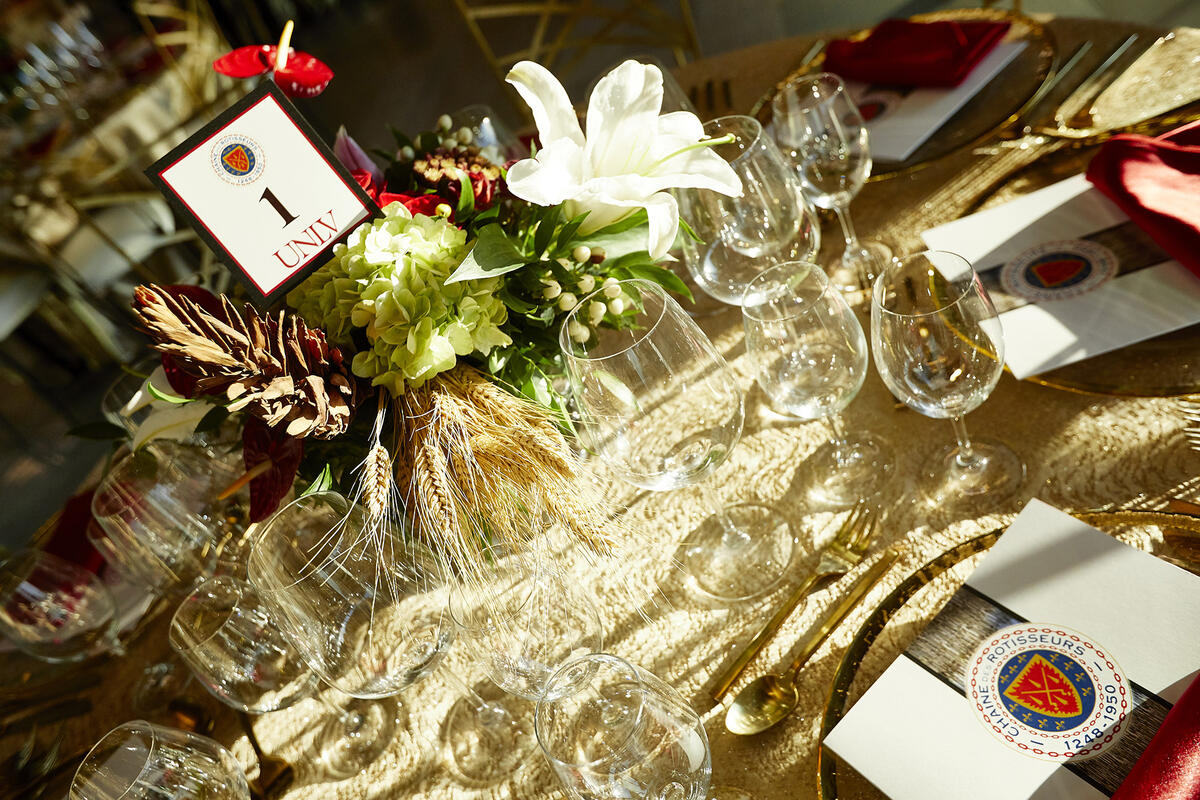
Event Logistics
Once you have completed your pre-event planning, it’s time to establish the event logistics to ensure your event runs as smoothly as possible.
Establish the Event Time and Schedule
A well-organized schedule helps to maintain a smooth flow and allows for better coordination with vendors and participants. Since the time and schedule of your event impacts other elements of planning, be mindful of the following:
Define your Schedule
Create a clear timeline for all event activities. The event schedule should align well with the agenda and programmed content for the event, allowing adequate time for set-up, registration, programming components, break-down, etc.
Include Breaks
Be sure that attendees have opportunities to stretch their legs or use the restroom.
Consider Meals
Your event’s timing can determine if meals, snacks, or refreshments are required. Note that catering is a significant addition to an event budget, so you may want to strategically time your event to avoid an extra meal or refreshment break to yield significant savings.
Select the Venue
Choosing the right venue means more than finding a space to host your event. Your venue creates an environment that reinforces your event’s objectives, ensures the comfort of attendees, and sets the right tone. Ultimately, the venue is critical to the overall experience you aim to deliver.

Book a UNLV Venue
Whether you’re looking for a formal conference setting or an intimate meeting area, the UNLV campus offers various venue choices for different event needs. The Guidelines for Scheduling University Facilities provides university and non-university groups with information on policies and procedures related to the use of UNLV venues and spaces for events.
Manage Your Event Space(s)
Optimizing your event space is crucial for attendee comfort, safety, and attendee flow during the event. An organized space can elevate the event experience while also adhering to safety protocols and ensuring smooth transitions.

Plan for Catering and Meals
The right meal choices can enhance the event experience and strike a memorable cord with attendees. Craft your menus to resonate with the time of year, nature of the gathering, and dietary preferences of your audience.
